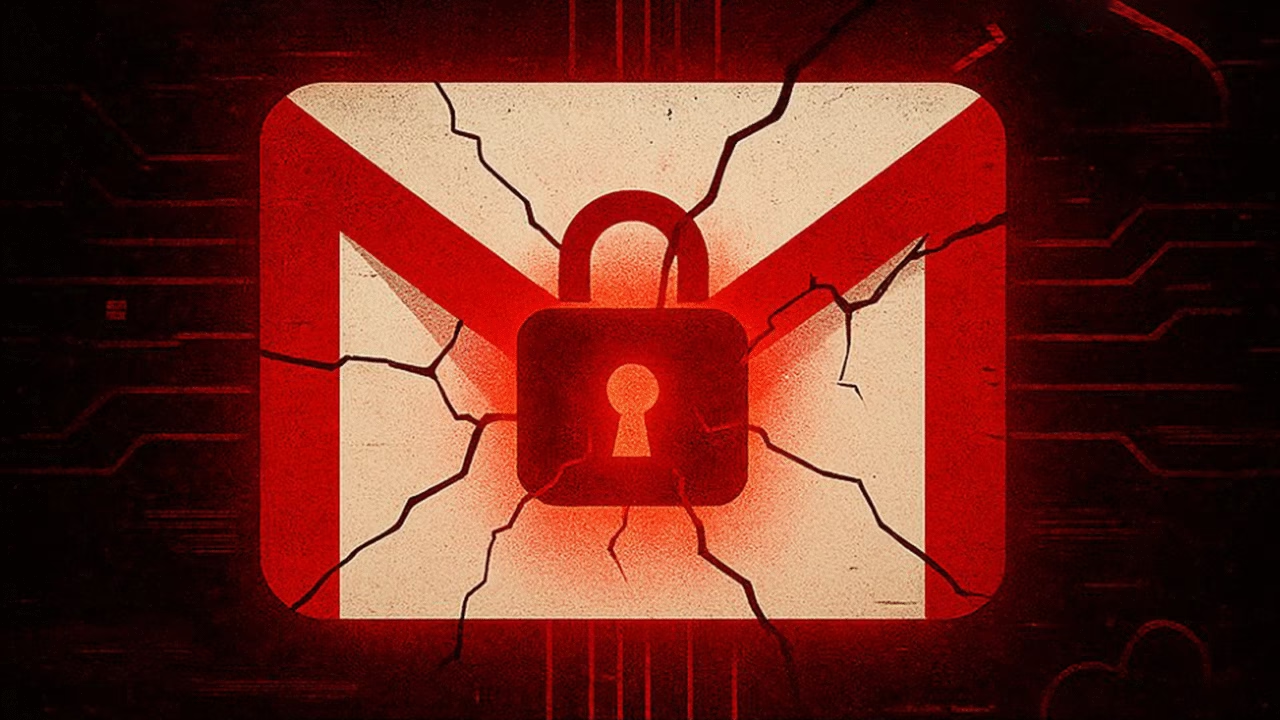If you are among the 2.5 billion users of Gmail, it is advisable to pause your scrolling and verify your account security immediately. Google has issued a warning regarding a series of attacks aimed at Gmail users globally, indicating that hackers are enhancing their tactics with more sophisticated, AI-driven phishing schemes.
What’s Happening?
The threat originates from a notorious hacking group known as ShinyHunters, which has been responsible for several significant data breaches in the past. Their approach is straightforward yet perilous: phishing. They dispatch emails that appear urgent or enticing—such as “reset your password now” or “exclusive reward waiting”—to deceive users into clicking harmful links. Once clicked, attackers can infiltrate your Gmail account, which frequently contains sensitive information, including banking details, shopping accounts, and personal communications.
What makes this recent wave particularly alarming is the employment of AI-powered tools. Hackers are utilizing artificial intelligence to create emails and phone scams that are more persuasive than ever. Picture receiving a call from an individual who sounds exactly like a Google support representative—this exemplifies the level of sophistication we are discussing.
Why Gmail Is the Prime Target
With more than 2.5 billion active users, Gmail stands as the largest email platform globally, rendering it a lucrative target for hackers. A compromised Gmail account does not merely expose emails; it can also grant access to your cloud storage, associated social media accounts, banking applications, and even work credentials. In summary, your digital existence is at risk.
Google’s Recommendations: Update, Secure, Safeguard
To address these threats, Google has provided some critical security measures:
Change Your Passwords – If it has been some time since you last updated your Gmail password, now is the appropriate moment. Opt for strong, distinct combinations.
Activate Two-Factor Authentication (2FA) – This is a significant game-changer. Even if cybercriminals obtain your password, they will require a second code (sent via SMS or generated through an Authenticator app) to gain access.
Be Cautious of Suspicious Links & Attachments – If an email seems unusual—even if it appears legitimate—refrain from clicking. Verify the sender’s address thoroughly.
Remain Vigilant for Phone Calls – Keep in mind, Google will not contact you for account resolutions. Any “support” call requesting your login information is a scam.
The Broader Context
This issue extends beyond Gmail—it pertains to how AI is transforming cybersecurity. Cybercriminals are becoming more sophisticated, but so are security measures. Google is making substantial investments in AI defenses capable of identifying and blocking suspicious activities before they infiltrate your inbox. Ultimately, user awareness remains the most effective protection.
Your Gmail account represents more than mere email—it is the gateway to your digital identity. With hackers intensifying their tactics, the wisest course of action is to take immediate steps: update your passwords, enable 2FA, and exercise caution before clicking that “urgent” link. In the era of AI, vigilance serves as your greatest defense.

